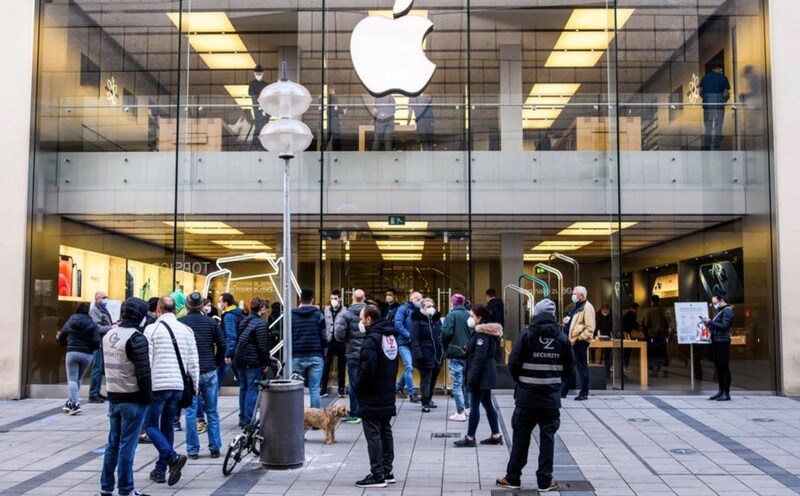In the era of smart home rise, millions of families install security cameras to monitor children, domestic helpers or protect property.
However, the devices that seem to help increase safety can become the "back door" for bad guys to invade, not only the network system, but also your private life.
Don't use cameras that are too cheap
It is not difficult to find cameras priced at just a few hundred thousand VND on e-commerce platforms. However, many of these products do not meet security standards, are vulnerable to attacks through software vulnerabilities or use unchanged mac dinh passwords.
According to a report by security firm Check Point Software Technologies (USA), in 2024 alone, more than 12,000 IP camera devices in Southeast Asia were remotely controlled by hackers.
Hackers can watch live, record images, or use the device as a springboard to attack other devices in the internal network.
You may be letting strangers see your bedroom
When a security camera is hacked, it becomes a spy eye placed right in your home. In fact, there have been cases of hackers accessing cameras placed in children's rooms, even talking directly through the device's speaker system.
Not only that, data from cameras can be advertised for sale on darknet, or used to track living habits, away time, paving the way for sophisticated thefts.
How to protect yourself?
Users should take the following steps to improve security:
- Always change the default password after installing the device. Use a strong, unpredictable password with a combination of special letters, numbers and characters.
- Update firmware software regularly, avoid using devices of unknown origin or without support from the manufacturer.
- turn off remote access if not really necessary.
- Dedicate the wifi network to the camera, not shared with the family's main network.
- Use two-layer authentication (2FA) if the system supports it.
Don't let convenience be exchanged for privacy. Security cameras are a powerful tool if used properly, but can also become a silent threat if users neglect security.










